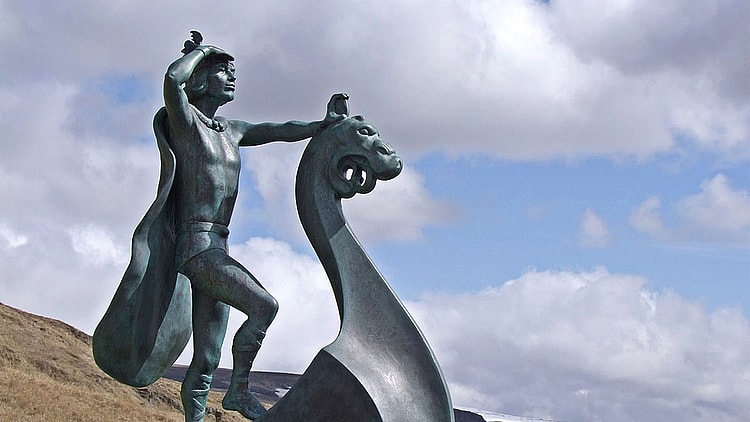
There is a lot of history to cover in school, so it’s no wonder they don’t talk about the more interesting and unknown facts. But there are still some random historical facts that teachers should talk about a bit more.
They not only can help change your perspective in history, like knowing that the most successful pirate was a woman, but they can show how adaptive and creative the world can be under pressure, like when France created a decoy Paris in World War I. Want to learn a few random historical facts that you probably weren’t taught in school? Keep reading to find out our top eight.
8. Alcohol Was Poisoned During Prohibition
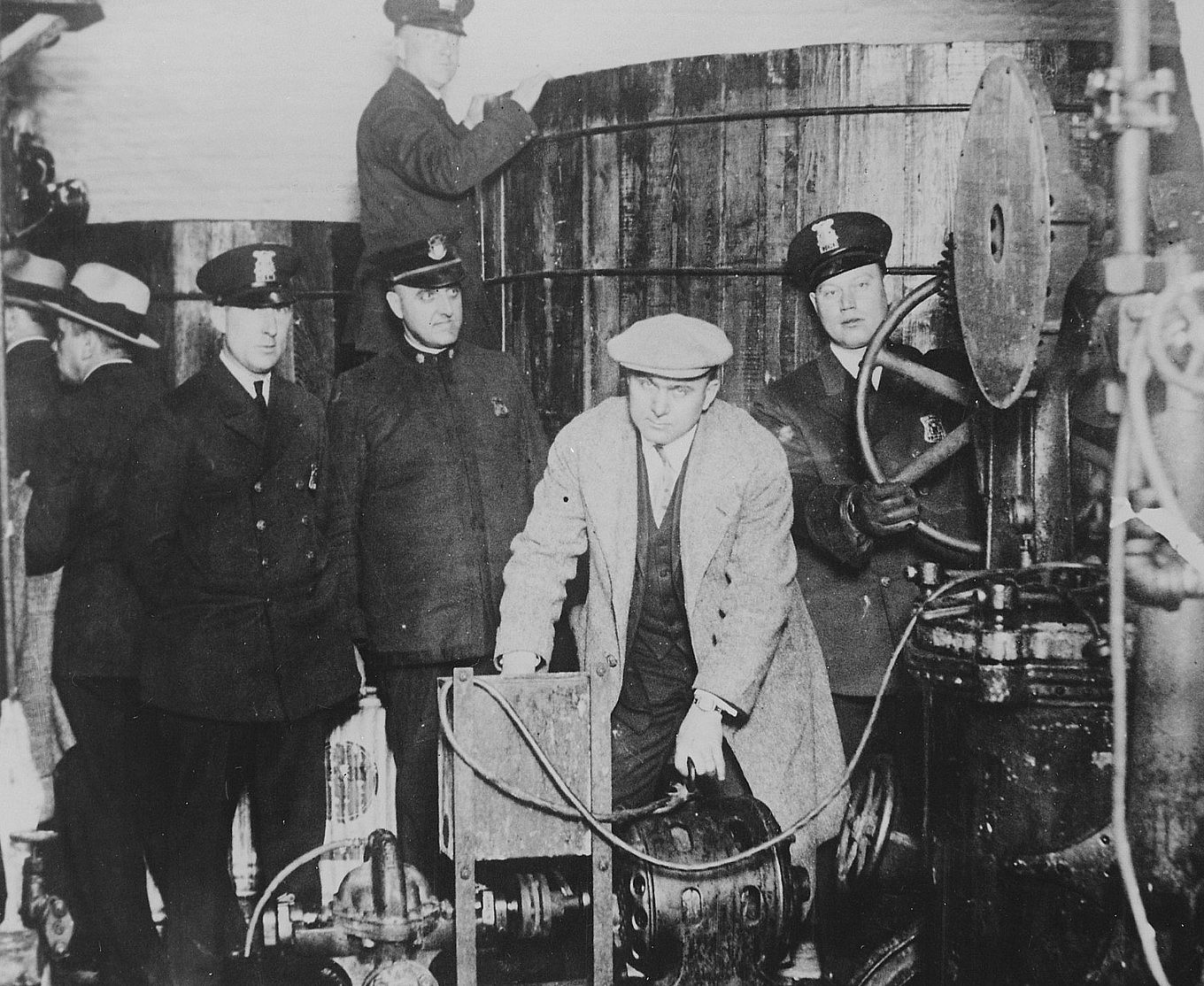
The Prohibition era, which spanned from 1920 to 1933, is quickly talked about in schools, but it’s not mentioned how far the government went to succeed. Prohibition was simply the banning of the production, importation, transportation, and sale of alcoholic beverages.
The goal was to heal a society that was being corrupted by alcohol due to political and family corruption and violence. However, that didn’t stop society from listening, as speak-easies and home brews popped up. Still, the government did all it could to prevent drinking.
In 1926, the government even increased the amount of methanol, a poisonous alcohol-based substance required in industrial alcohols, which people used to make bootleg liquor. This intended to discourage drinkers, but of course, not many did. Instead, this caused thousands to die.
Check Out: Creepy Historical Facts That Will Keep You Up at Night
7. Normandy Beaches Are Covered in Shrapnel
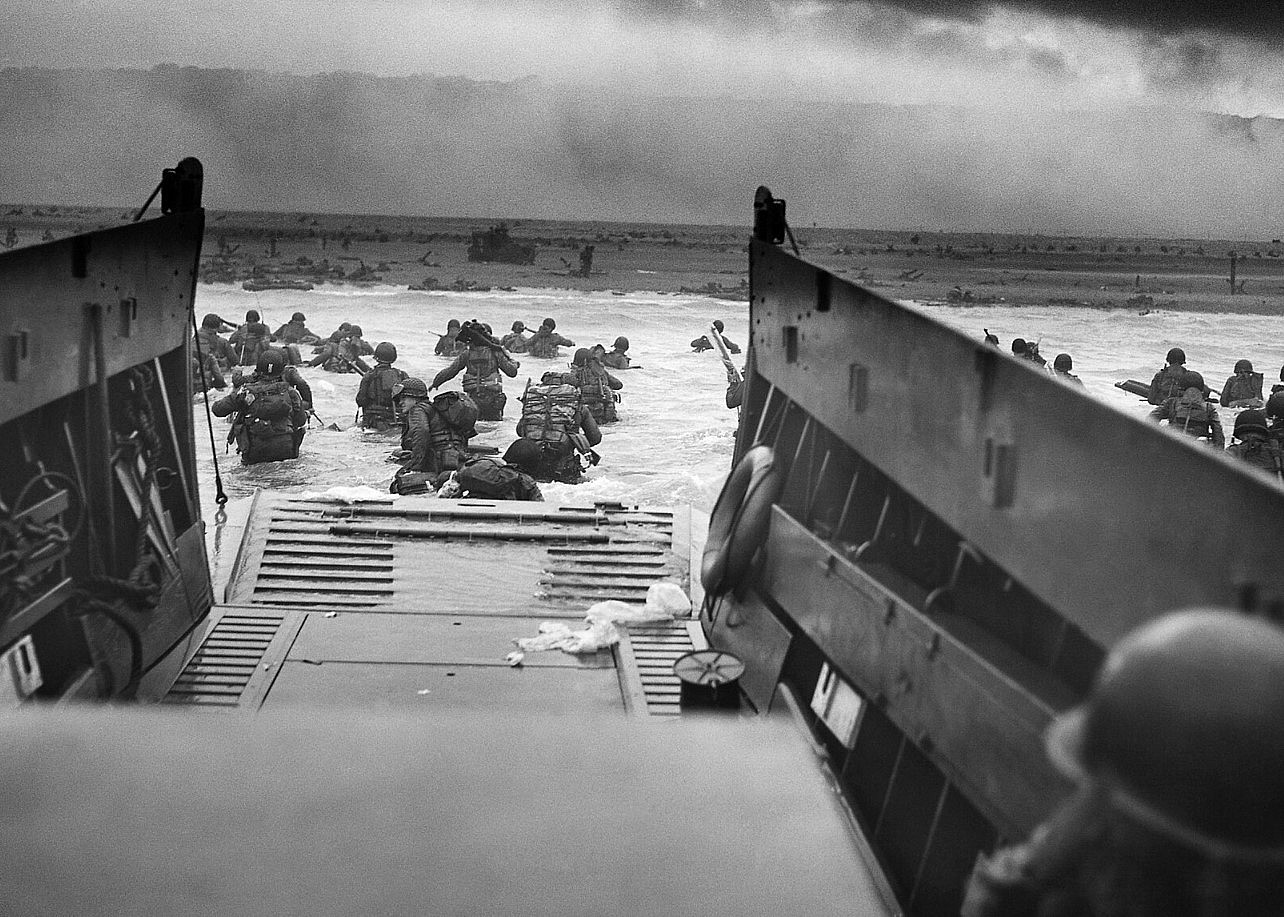
Wars are one of the main subjects taught in school. History lessons go over the reasons, the importance, the outcomes, and some gritty details of important wars throughout history. But the quick lessons don’t talk about the current impact that can be witnessed today.
And for children, war was way before they were born, so they don’t care. But it’s important to know how war has impacted the lives of all of us, even today. One of the many random historical facts that might seem impossible is that 4% of the sand on Normandy’s beaches, such as the Omaha beach, is broken-down shrapnel from D-Day operations of World War II.
It’s thought that the shrapnel should be wiped away in the next century. Even though it was a little over 80 years ago, it’s still present and a reminder of traumatic event.
Read More: Ridiculously Weird Historical Facts From Around The World
6. The First Postal System
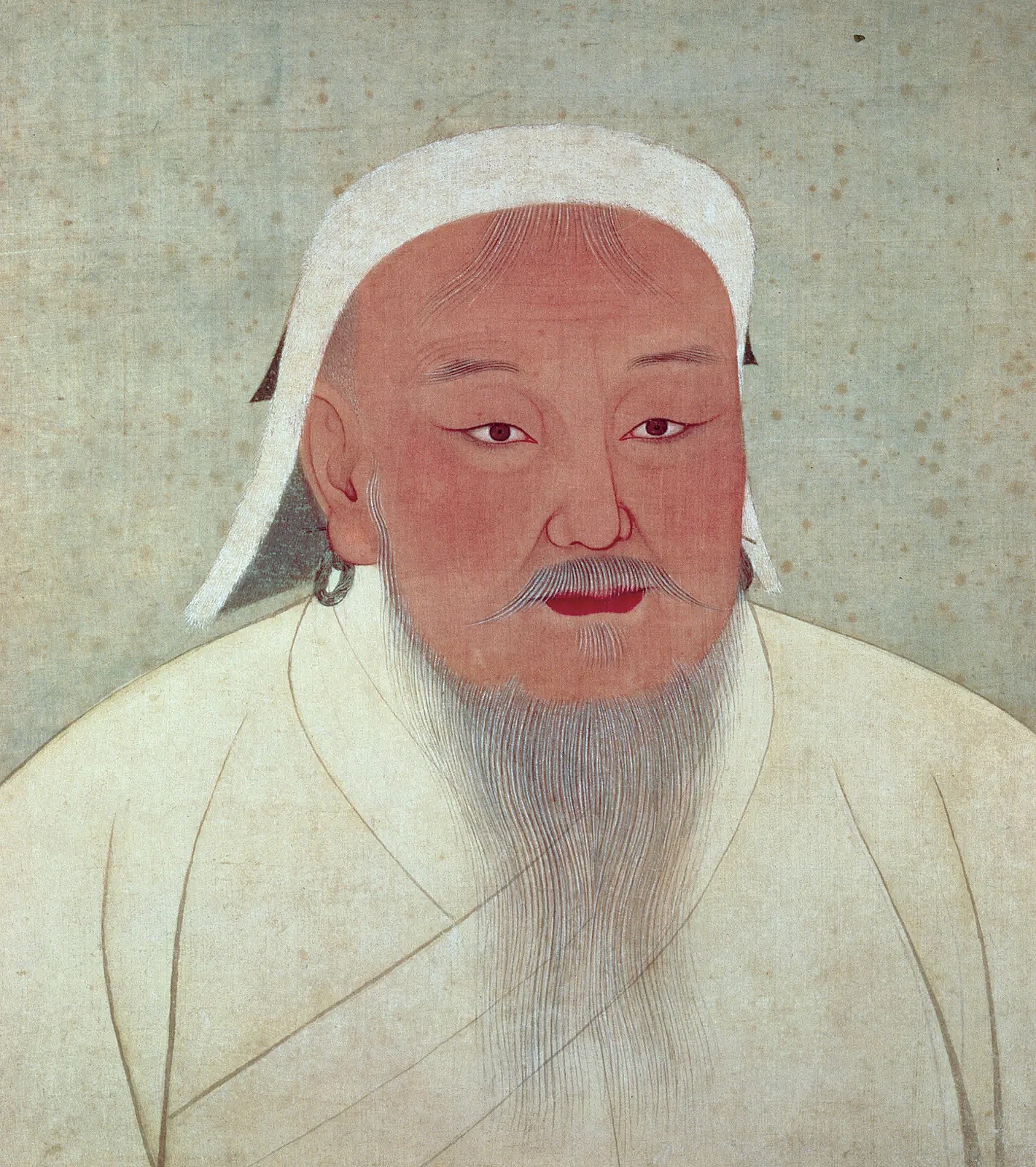
The postal system is one of the most useful systems. While texting and calling is simple, there’s nothing like sending a package to a friend in another state, or even another country.
And for the history nerds out there that want to learn more about it, or teach their kids, this is one of the most interesting random historical facts. Genghis Khan, the founder and first Khan of the Mongol Empire, is responsible for creating the first Postal System that was empire-wide called Örtöö.
The system was used for the transmission and delivery of official mail, as well as traveling officials, military men, and foreign dignitaries. By the end of Kublai Khan’s rule, there were more than 1,400 stations in China alone.
Related: Forgotten Historical Figures We’re Revisiting
5. Rasputin Survived Being Poisoned and Shot
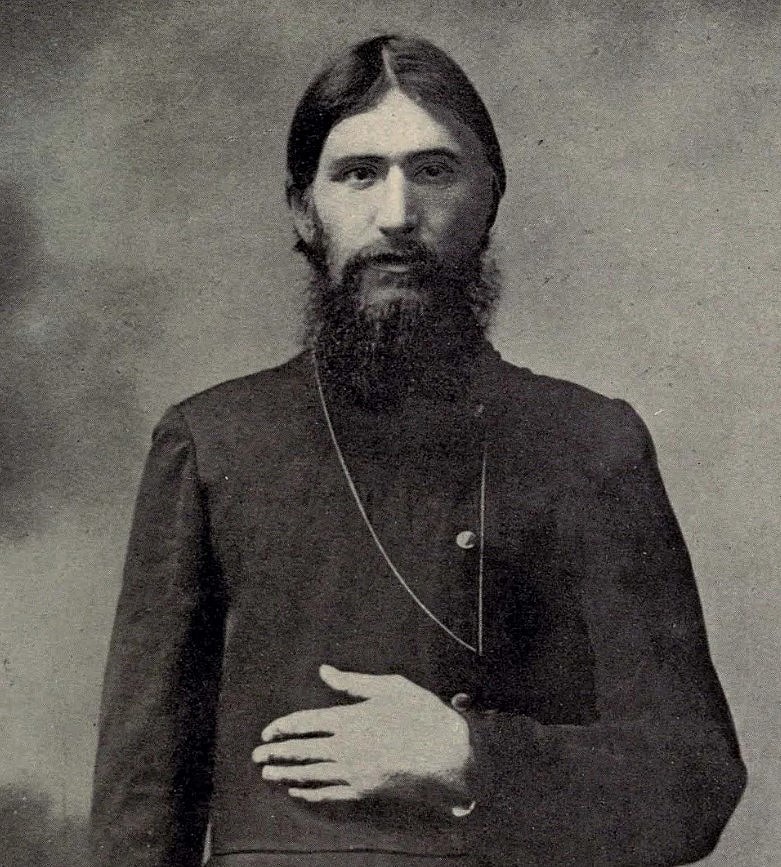
The story of Grigori Rasputin should be more widespread as it’s one of the best, yet random historical facts. From his ties with mysticism, religion, and influence over Russia during Emporer Nicholas II’s reign.
It all makes for a compelling history lesson. Rasputin was linked to many miracles but his death was the most astonishing of all. Assassins tried to give him heavy doses of a lethal poison but it didn’t work, then he was shot several times, and again, he did not die.
In the end, he was tied up and thrown in the Neva River – but there is still no explanation regarding how he survived earlier assassination attempts.
Also Read: Funny Historical Facts You May Not Know
4. Athletes Performed Naked in Ancient Olympics

Most of us have seen art or movies showing off ancient Olympians, however, most aren’t accurate because, in each event, they would have been naked. And this makes sense when you consider that most of the Greek sculptures were also naked.
Olympians didn’t wear clothes so that they could show off their muscular physique to the god Zeus. It also allegedly helped intimidate their competition.
Related: Did You Know These Rarest Historical Documents?
3. The World’s Most Successful Pirate to Have Ever Lived Was a Woman
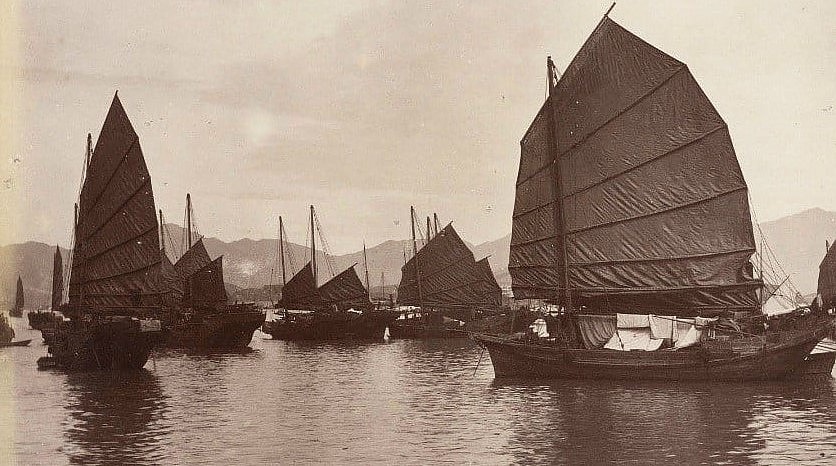
History has often ignored the contribution of women, crediting others with their inventions and acts of heroism. The same is true with infamous acts and is one of the best random historical facts that should be taught more in school. The 22-year-old Chinese woman Ching Shih was the most successful pirate to have ever lived and yet no one knows about her.
Ching started her life in poverty and worked as a prostitute before getting married to pirate captain Zheng Yi, who died a few after the marriage.
After his death, Shih managed to inherit the throne and soon built the largest pirate fleet to have ever existed. Her fleet consisted of 1,800 ships and 80,000 pirates, and she was feared throughout the pirate world.
Check Out: Most Famous Historical Couples
2. During World War I France Built a Fake Paris

During World War I the Germans were sending heavy-duty airplanes to bomb civilian cities, particularly at night which was costing thousands of lives each day.
Paris was the most hit location, therefore, the French authorities built a Paris replica outside the city itself to fool the German bombers into dropping off their load at a location where they would only hit wood and fabric.
There was no advanced technology at that time and therefore, German bombers were easily fooled by this trick saving the lives of many.
Read More: Historical Pieces of Civil War Memorabilia
1. Vikings Were the First Non-Native People to Discover America
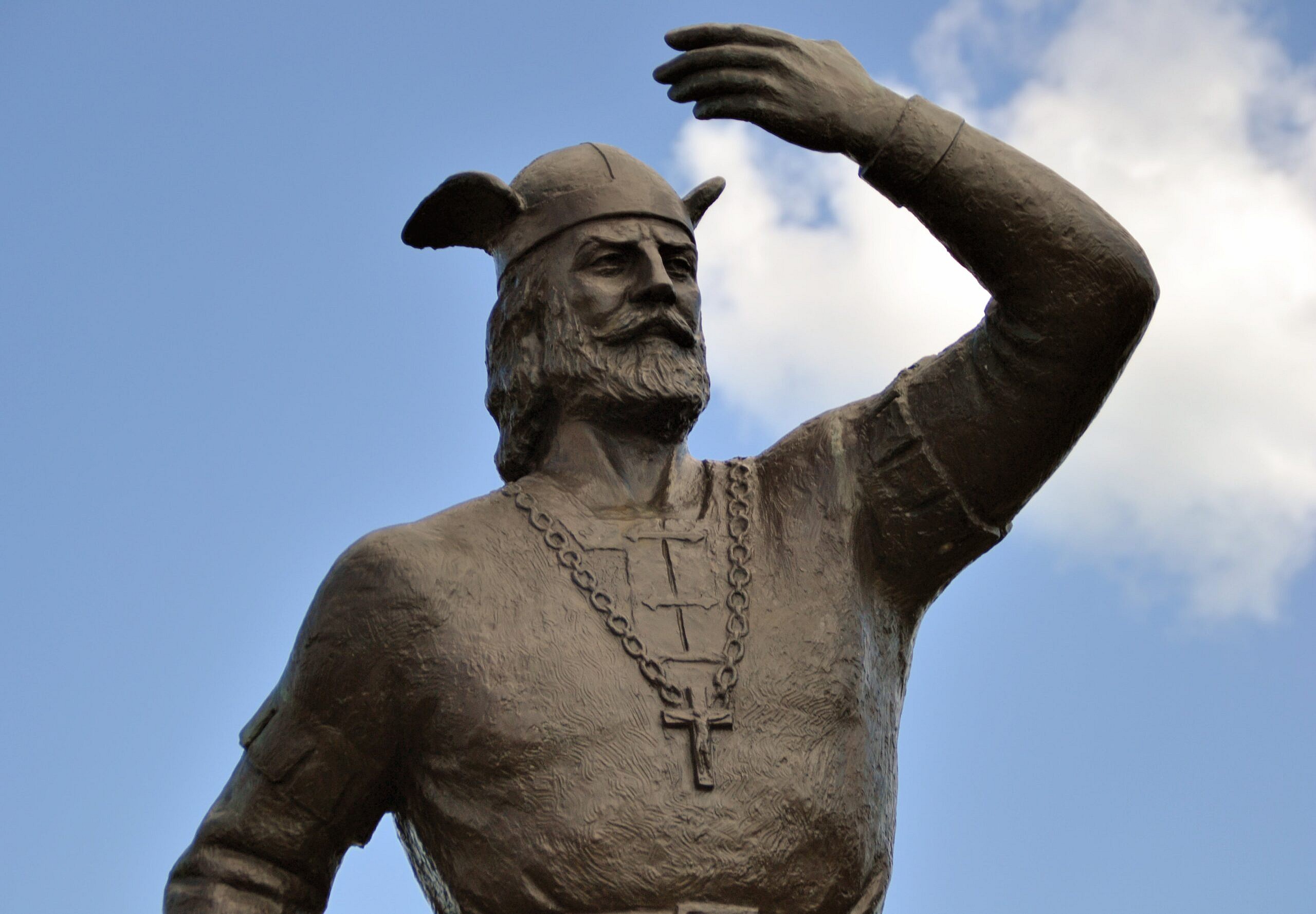
From the very start of every academic life, we are taught that Christopher Columbus discovered America but that is not entirely true. Nearly 500 days before Columbus, a band of Viking explorers left their home in search of the new world. One of the best random historical facts is that it was actually those Vikings that were the first Europeans to set foot in America.
The expedition was led by Leif Erikson who was born in Iceland around 970 A.D. Leif Erikson Day is observed annually in the United States, Canada, and Nordic Council to honor Erikson on October 9.
